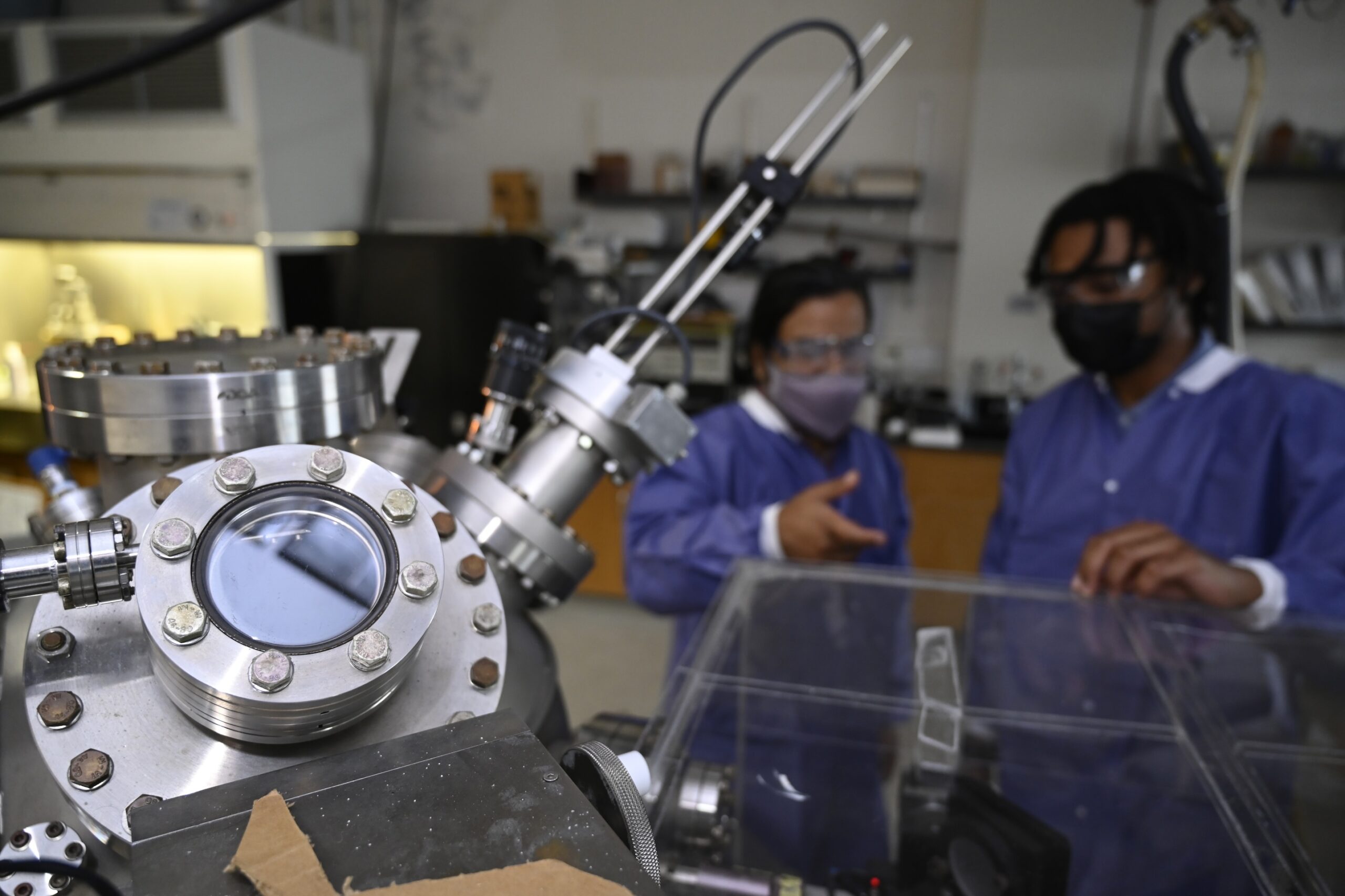Courtesy of Morgan State University
The National Nuclear Security Administration has awarded Morgan State University a $5 million grant to establish a nuclear engineering program to increase minority representation in the nuclear security workforce. This initiative, known as the Scholarly Partnership in Nuclear Engineering, aims to prepare a diverse group of underrepresented students for successful careers in the rapidly evolving field of nuclear engineering over the next five years.
The Spine Project
The SPINE project will create innovative curricula, enhance research opportunities, and promote mentorship programs that equip students with essential knowledge and practical skills. By fostering partnerships between universities and industry leaders, the initiative seeks to significantly increase the number of graduates and postdoctoral students entering the nuclear engineering sector.
“I am proud that Morgan has been selected as a partner institution to launch this program, which aims to develop the next generation of scientists,” said Oscar Barton, Jr., Ph.D., dean of the Clarence M. Mitchell, Jr. School of Engineering. “This new initiative not only enhances their educational experience but also opens up a myriad of possibilities for their future careers, allowing them to explore paths they may not have had the opportunity to consider otherwise.”
Despite nuclear engineering’s critical role in national security and public health, minority representation in the field remains alarmingly low. Current demographic data reveals that approximately 73% of the U.S. nuclear engineering workforce is white, with only 7% identifying as Black or African American. The SPINE program addresses this imbalance by creating pathways for underrepresented groups to enter the field, thus contributing to a more equitable scientific community.
Through hands-on training, collaborative projects, and outreach efforts aimed at K-12 schools and community colleges, the SPINE program seeks to equip students with the skills to tackle nuclear security challenges and promote innovation in the field.
In addition to workforce development, the grant will support research on high-performance, low-cost, lead-free perovskite-based nuclear sensors designed to detect nuclear radiation. These new sensor designs aim to reduce environmental and health risks associated with traditional lead-based models while maintaining high sensitivity levels. The funding will also establish a new laboratory at Morgan State for training and research, fostering collaboration with the Department of Energy and the NNSA.
United for Diversity
Other participating institutions in the SPINE initiative include Navajo Technical University, the University of Puerto Rico at Rio Piedras, Idaho National Laboratory, and Savannah River National Laboratory.





